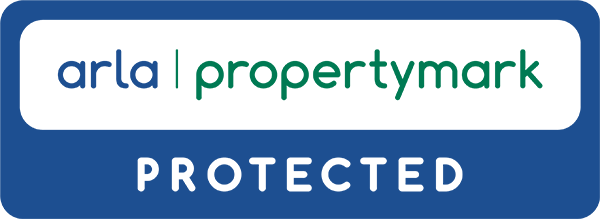UK house prices drop for fourth month in a row
The price of a house fell by 1.5% in December according to the Halifax - the fourth consecutive monthly decrease. Despite that, the dcrease is less than November's decline which was 2.3%, the biggest monthly fall since 2008.
The annual rate of growth dropped from 4.6% to 2.0%, which means that an average property in the UK now costs £281,272, down by £4,153 from last month.
As both house buyers and home sellers remain cautious, it's expected that there will be a reduction in supply and demand for property overall, with house prices forecast to decrease by around 8% over the course of 2023.
The gloomy picture has been attributed to the fallout from the disastrous Truss-Kwarteng mini-budget of last year, uncertainty over the cost-of-living crisis, particularly as household bills continue to rise - and with the energy relief payments due to cease in April for most households, together with rising interest rates, impacting on the afordability of mortgages.
It's a perfect storm for those seeking to buy a property, as it is much more expensive due to higher interest rates, and the stress tests applied by banks on mortgage applications have become more stringent. This is resulting in far fewer potential buyers having mortgages approved, with many people who had hoped to purchase a home using mortgage finance no longer able to do so, which particularly affects younger first-time buyers and poorer households.
There is a glimmer of hope within all this bad news however, as the Government's most recent budget has had an impact on mortgage rates. The interest rate for a typical, new two-year fixed-rate home loan peaked at 6.65% in October, but has now dropped to 5.78%. The average 5-year deal now has a typical rate of 5.61%, having topped 6%. Rates are expected to continue to fall as the year moves on, but both buyers and remortgage customers may put plans on hold in the short term as they struggle with the cost of living as well as taking a 'wait and see' approach to any further base rate increases that the Bank of England may apply.
As it becomes harder to get a mortgage and more expensive to buy a home, demand for rental properties has seen an increase. However, rental listings are down significantly as many landlords are exiting the market following the increase in buy-to-let mortgage rates, as well as the increase in the cost of complying with more regulations, with the private rented sector reform bill promising even more on the horizon.





